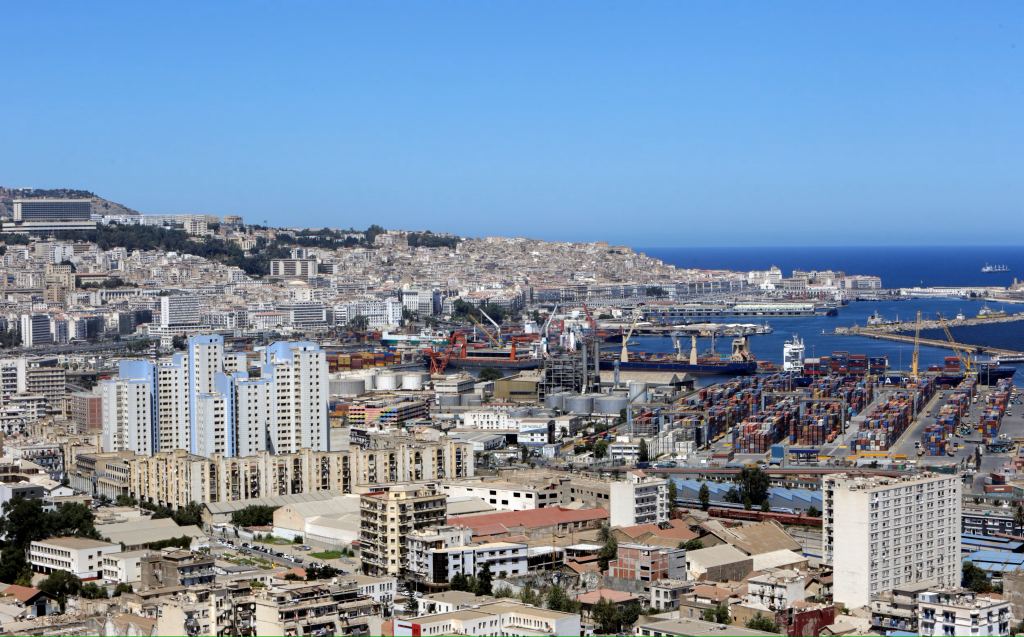Algerian Dinar plummets as nation trips into EU’s blacklist

The Euro continues to soar against the Algerian dinar on the nation’s black currency market according to TSA-Algerie. A reaction to EU’s imposition of fresh regulative burdens on financial interactions with Algeria, meant to address its concerns about money laundering and funding of terrorism in the nation, as reported by The North Africa Post on June 22nd.
Measures such as a stiffening of customer verification, increase of compliance costs, and other extensions of due diligence that portent potential delays or rejections of cross-border payments, were put into effect earlier this month. Forecasters fear a bleed of foreign investment, a crippling of access to international capital markets, and a reputational crisis. EU alleges money laundering and terrorism funding to be the key factors in its decision. Analysts propose that Algiers prioritises control, over healthy processes and transparency, and expects such responses from global institutions (2024). Though it is unclear if it expected one of this severity.
Algiers’ refusal to modernise the country’s banking system, liberalise the exchange rates, and to apprehend the informal currency market that plagues trade, capital retention, and the credibility of its central bank, fans the fire that may burn down more of Algeria’s international financial relationships.
It is generally understood that Algiers’ domineering approach to the nation’s finances has had unintended (or tolerated) side-effects, such as eased access to funds for money launderers, crucially, the criminal and terrorist organisations.
State institutions hold around 85% of the nation’s banking asset. But only about 44% of the citizenry the government is responsible to – has access to formal financial services, as estimated by the World Bank. Partly explained by restrictive currency exchange policies such as fixed exchange rates and limits on access to foreign funds, and an overvalued official dinar rate (1 Euro = 150 Algerian Dinar, compared to the 1 Euro = 240–259 Algerian Dinar traded on the street). Due to which, many Algerians turn to the informal market for foreign currency, especially for euros or dollars. This means that great volumes of untraceable cash circulate regularly, providing a fertile ground for illicit transactions.
Historically, Algeria’s government was willing to incur the domestic and external ails of its financial policies. But, on the external side, as the EU takes steps to mitigate the hazards of its financial interactions with Algeria, as neighbours such as Morocco and Egypt take greater steps into global financial markets, and as Algeria is ousted from other international frameworks like the UN security council, the largest country in Africa runs a real risk of becoming an economic pariah in its own backyard.
TSA-Algerie, The North African Post, APNews, International Monetary Fund, Trading Economics, Maghrebi.org
Want to chase the pulse of North Africa?
Subscribe to receive our FREE weekly PDF magazine














